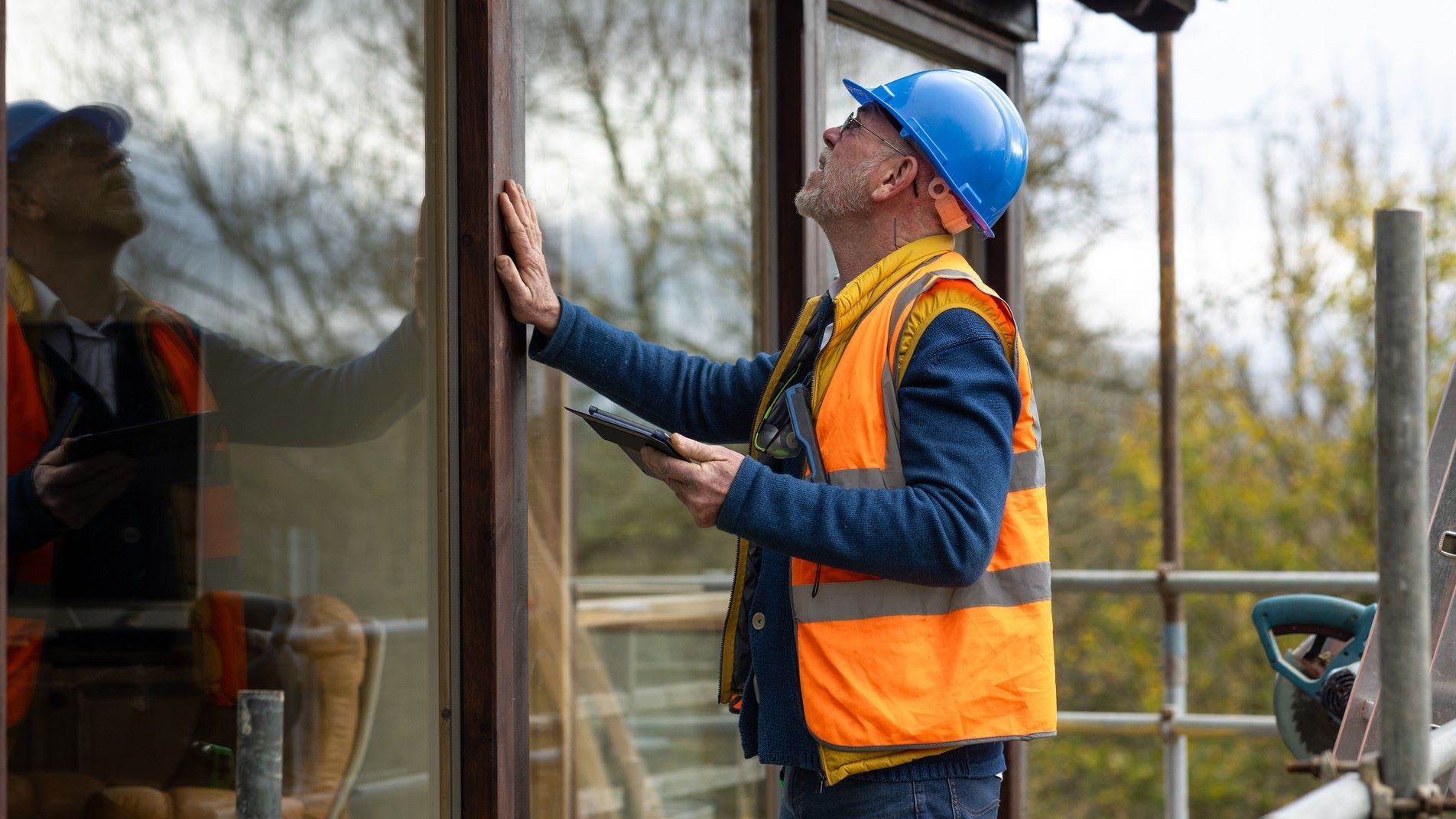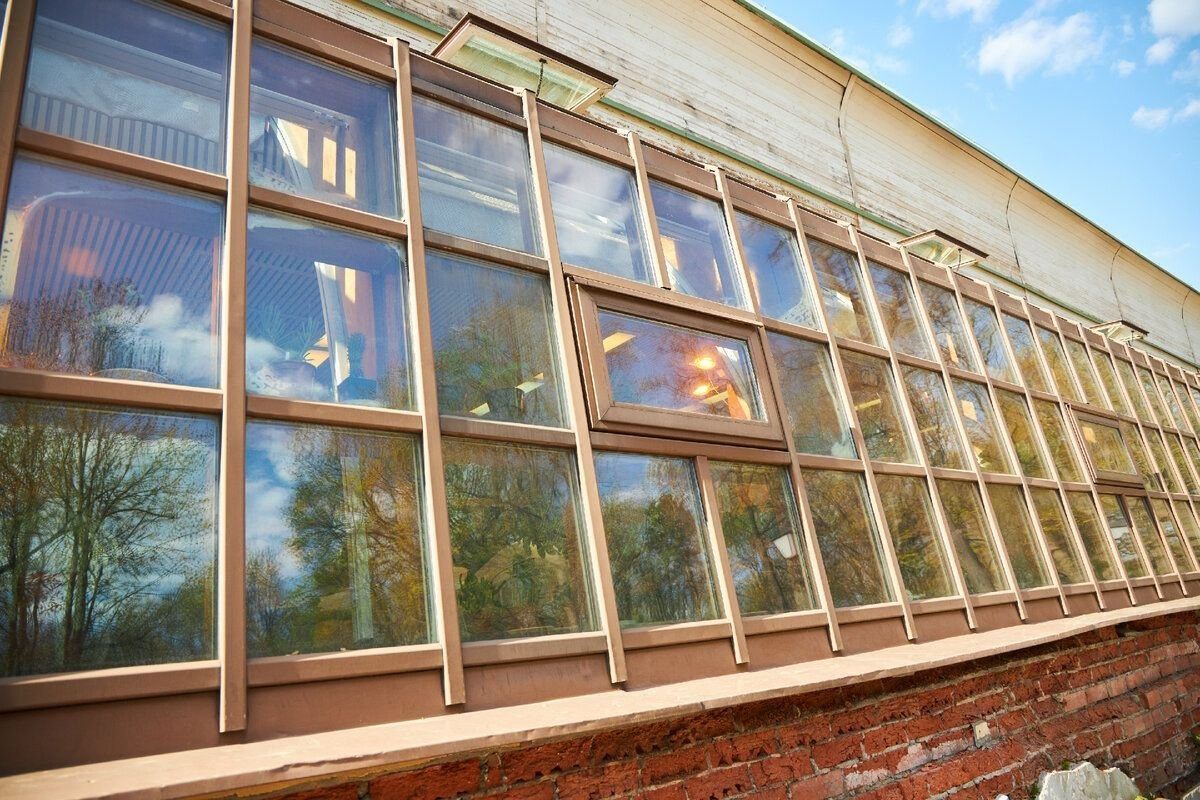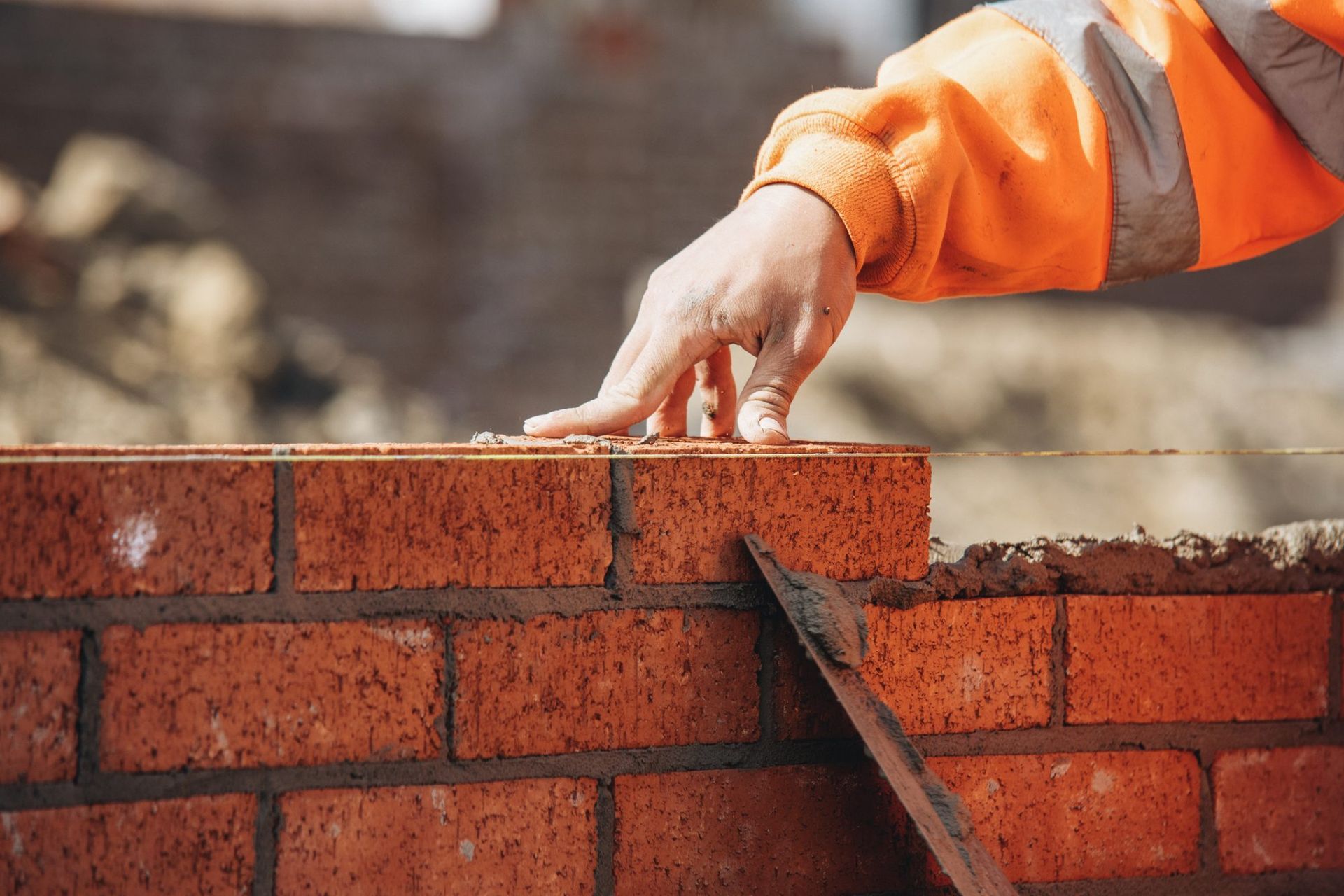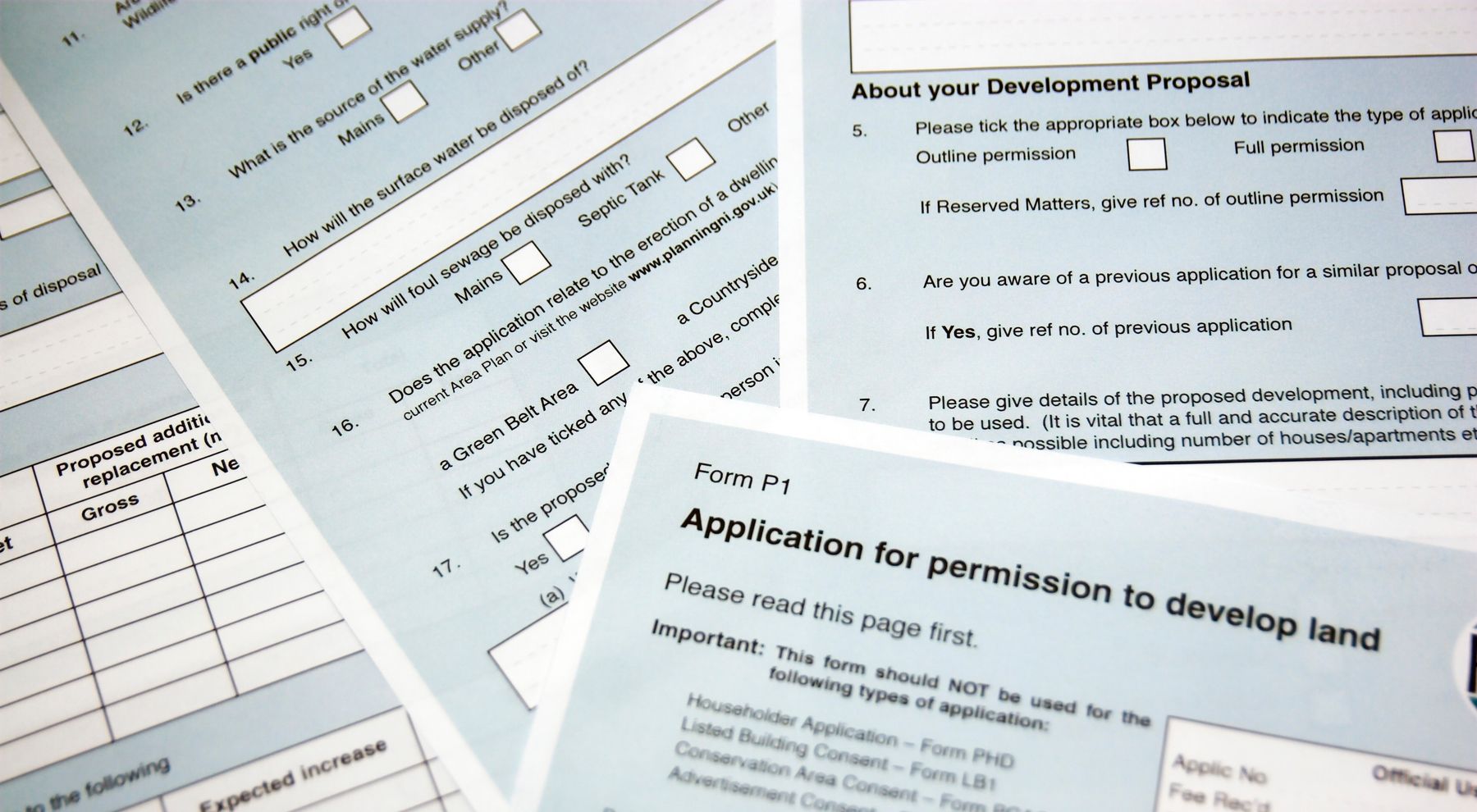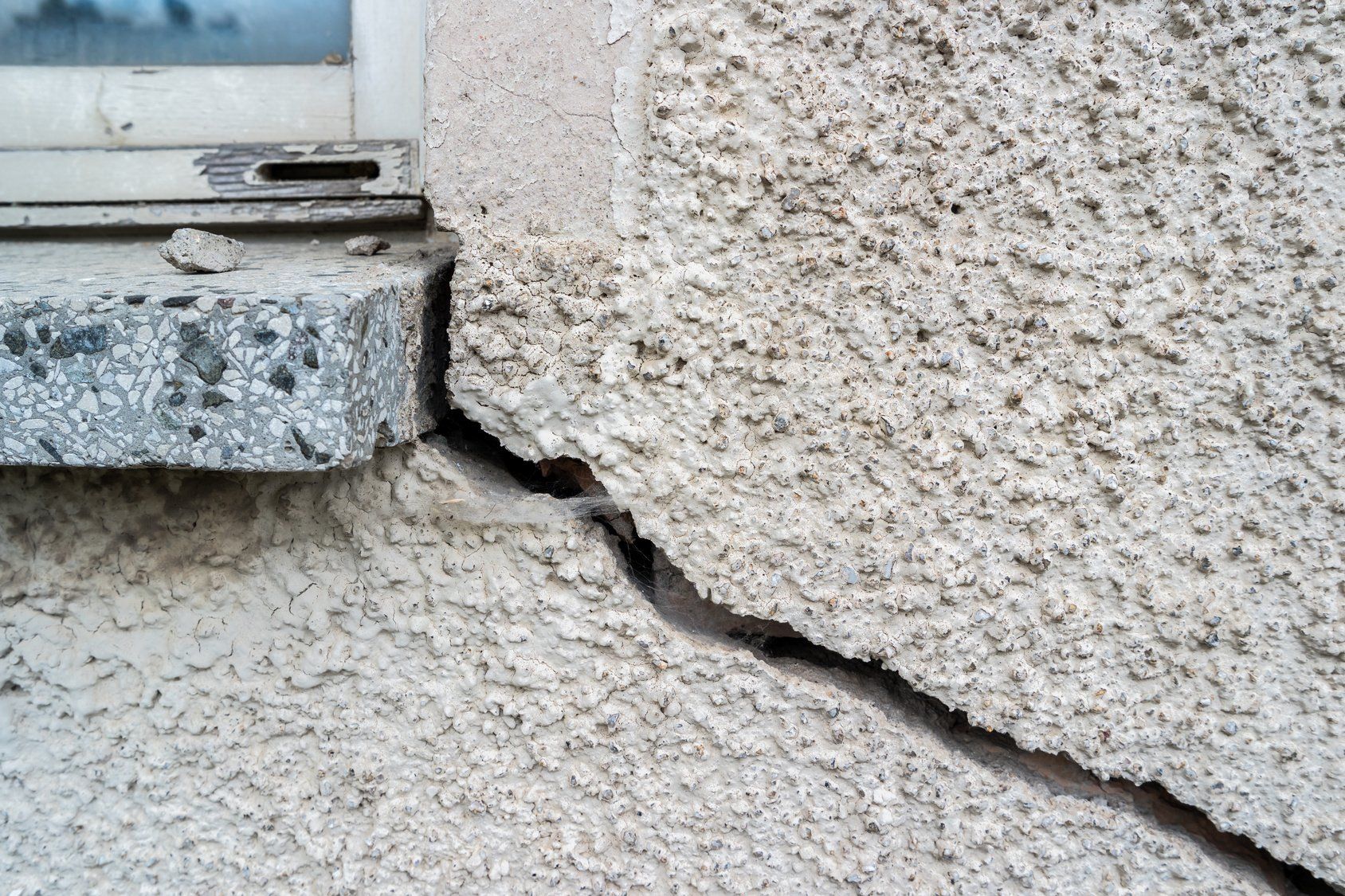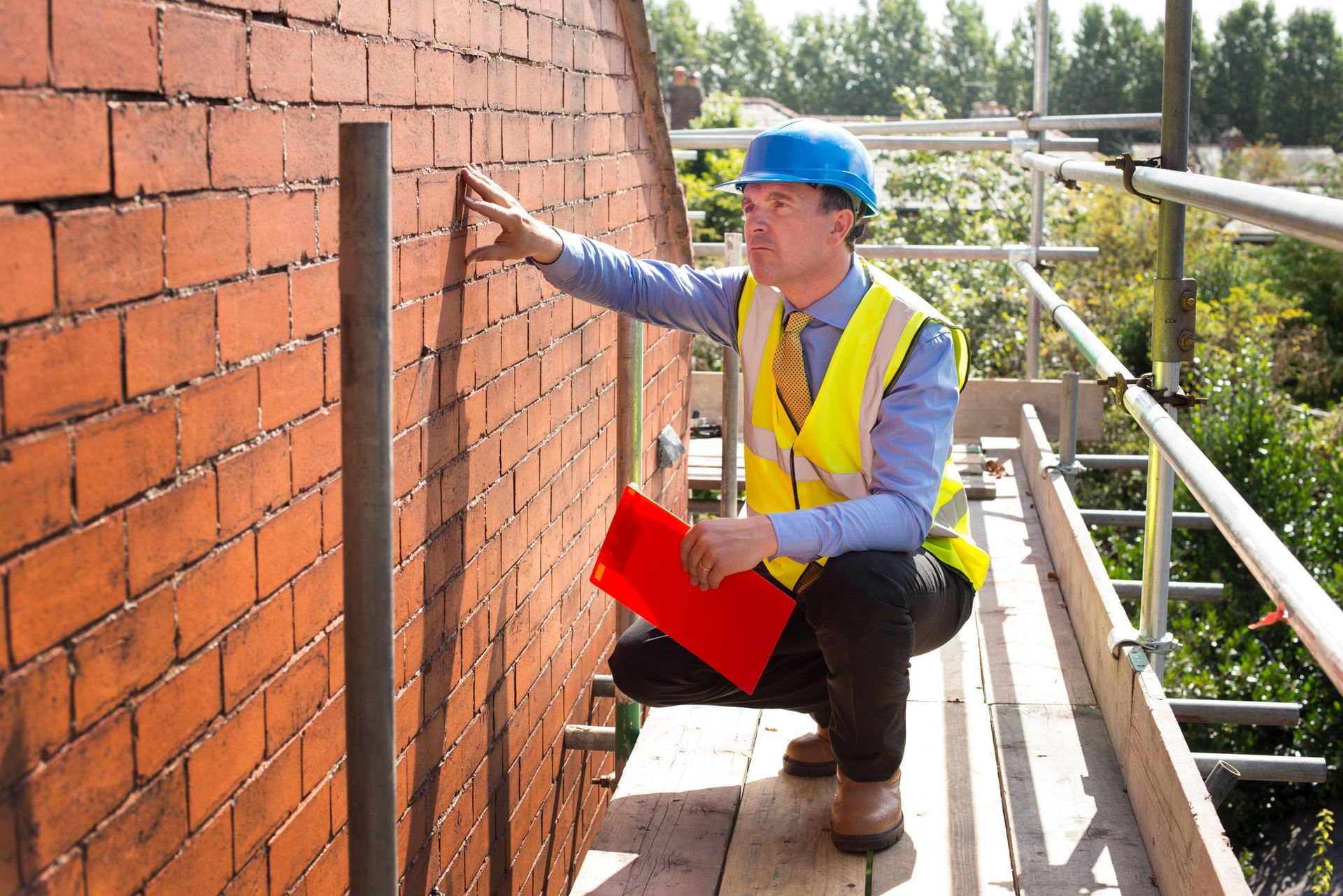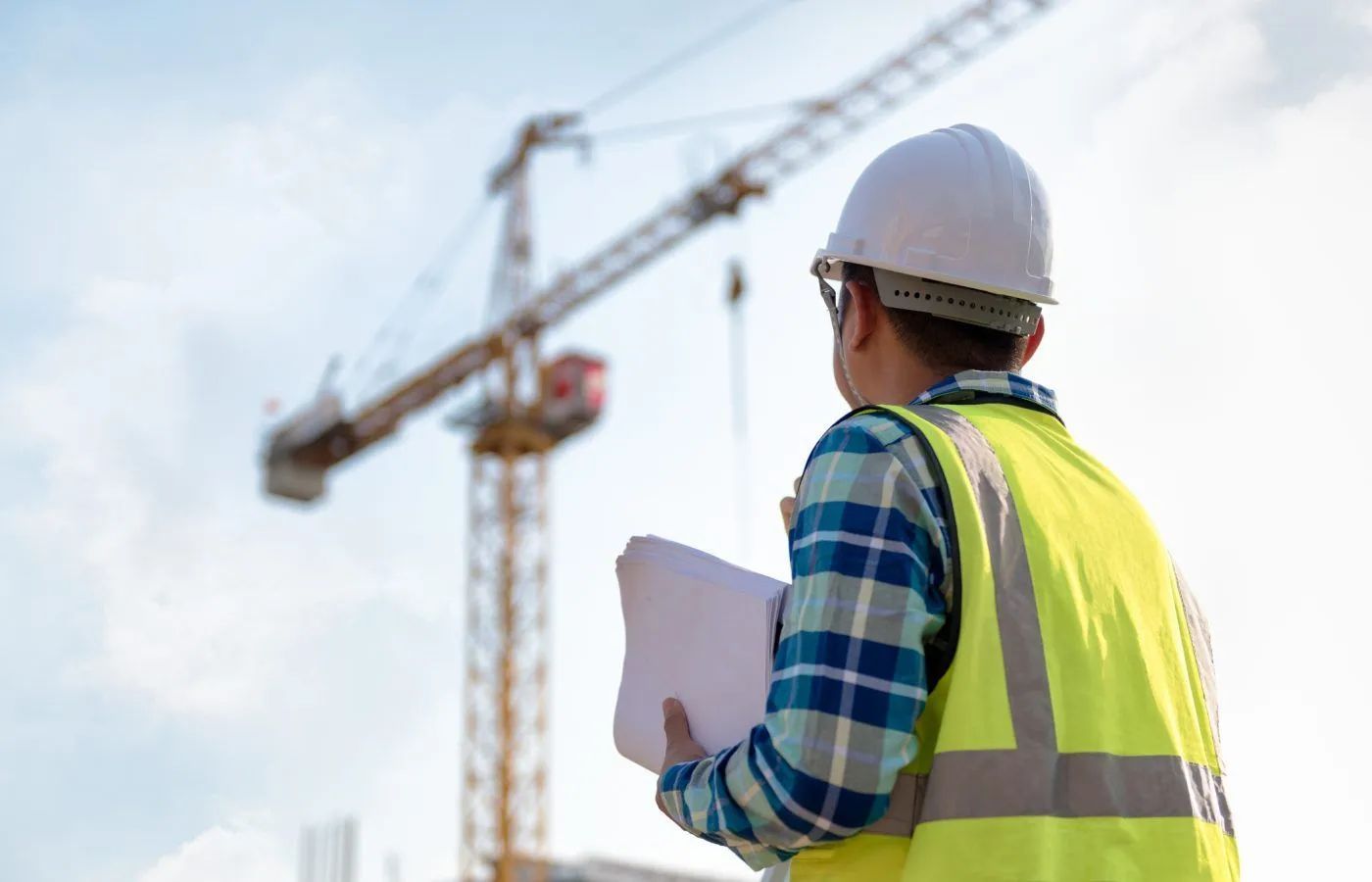The Ultimate Guide to Party Wall Agreements
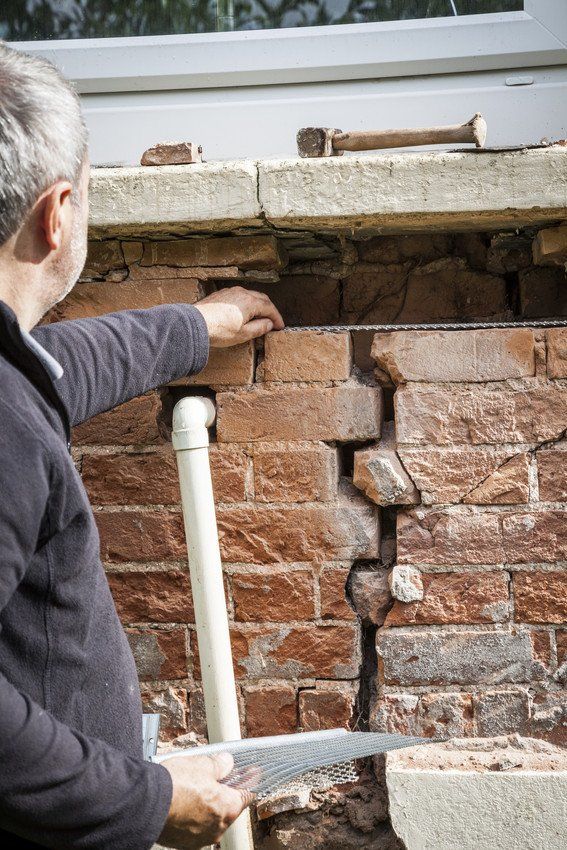
If you are planning to have building work done on your property that affects or is within a certain distance of a boundary line between your property and your neighbour’s, then you will most likely need a party wall agreement.
It is not always easy to know when you may need a party wall agreement, and some people may not even realise that it is a legal requirement which must be followed. This is especially forgotten or unknown when your building plans don’t directly impact a shared wall.
These documents, and the process of acquiring one, can be complex to wrap your head around, which is why we have put together this ultimate guide to teach you all you need to know about party wall agreements, answering any burning questions you may have.
What is a Party Wall Agreement?
A party wall agreement is a document that, legally, you must procure if you are planning on having construction work carried out on or within 3 metres of a party wall - the boundary between one or more properties. This is in keeping with the Party Wall etc. Act 1996.
It is intended to inform your applicable neighbour(s) of how their property will or may be affected by such plans, making disputes over boundaries less likely.
How Do I Know That I Need One?
As previously stated, a party wall agreement is needed if you will be building on or near a boundary wall between your property and a neighbouring property (there are some other instances when you will also need one, which we will go on to explain).
A boundary wall is quite literally the wall that separates your house from your neighbours; so, if you live in a semi-detached or a terraced house, then you will have a boundary wall. Likewise, if you live in a flat, you will have boundary walls between your flat and your neighbouring flats, but also with those who live above and/or below you.
If you live in a detached property, this does not guarantee that you do not have a boundary wall either; property can also count as exterior structures, such as garden walls (however garden fences do not count).
Working on a Boundary
If you are carrying out minor interior work to a boundary wall, such as drilling, putting up shelves, or rewiring, then you will not need an agreement. It is if you affect or have the potential to affect your neighbour’s property, as a result of the work you have done to the boundary wall, in which you will need a party wall agreement.
This will include any structural work that changes the boundary wall in any way, such as increasing, decreasing, thickening, raising, repairing or damp proofing it.
Common house-build projects that tend to do this include:
● Extensions
● Loft Conversions
● Chimney Instalment or Removal
Working Near a Boundary
You may have noticed that we mentioned how a party wall agreement is necessary if you are completing work within 3 metres of a party wall. The reason for this is because it tends to refer to work you may have done that could possibly affect the foundations of your neighbours property.
For example, if you are having excavation work carried out (such as if you’re planning on installing a basement to your property) within 3 metres of any boundary structure and will be digging lower than the lowest point of any part of the foundations of the adjoining property, then you will need an agreement.
This doesn’t just refer to their main building, but any other structural property on their land, such as a garage or an annex - these counting as external party walls.
The reason a party wall agreement is needed here is because, although you may not directly be impacting a boundary structure, there is a possibility that such work poses a risk to the neighbouring property’s foundations.
There are some other, lesser known instances where a party wall agreement is also needed. One of these is if you plan to build a boundary wall or structure where there was not one before. The other is when you are planning to have work done and the adjoining owner of a property has sold their house; a party wall agreement must be given to the new adjoining owner, even if they have yet to move in.
So, What Do I Do Next?
Once you’ve concluded that you need a party wall agreement, it’s time to draw one up and pass it on to your neighbour.
We advise that you discuss with your neighbour in person first any construction work you plan to carry out that will affect the boundary wall. This way, you will know where they stand before an agreement is procured, making the process of having a party wall agreement signed easier, as well as making it less likely that you will be blindsided if they do not consent to your proposed agreement.
Even if you do speak with them beforehand and they offer their verbal consent, a party wall agreement is still needed to ensure legal, written consent has been given to avoid any disputes later down the line.
After you have a party wall agreement drawn up, you are known as the building owner and the neighbour on the opposite side of the boundary line in question is known as the adjoining owner. You must list all the work you plan to carry out and if and how this may affect the adjoining owner’s property, then hand them the notice within 2 months of when you plan to begin construction.
The adjoining owner will have 14 days to respond, either consenting, refusing or proposing a counter offer to the agreement. In case of the latter, you will then have 14 days to respond to their counter offer, and so on and so forth until an agreement is consented or dissented.
What if My Neighbour Refuses to Sign?
It can happen that the adjoining owner does not consent to the intended work and therefore does not sign the party wall agreement. This does not mean that you will have to forego your building plans all together, instead you will enter the dispute resolution process.
The dispute resolution process requires a party wall surveyor to assess the proposed building work, the boundary wall in question and the extent to which the adjoining owner’s property will or may be affected (you and your neighbour may appoint a surveyor together, or you may each appoint your own, in which the two will work together). From this, they will provide you with a party wall award.
A party wall award is a legal document which will state the following:
● What work needs to be carried out
● How and when this work will be done
● How much the work will cost and who will pay for what (including surveyor’s fees)
It is worth noting that if you are the building owner, it is likely that you will have to pay the majority if not all of the costs, since you are the one proposing the work. Unless reparation is required, in which case the costs will likely fall to both parties.
As soon as a party wall award has been provided, construction can go ahead (as long as it adheres to the work stated in the award).
Party Wall Advice
It is a good idea to enlist the help of a party wall surveyor if you plan to build or amend a party wall, even before you give a party wall notice.
You must acknowledge the impact your proposed changes could have on the adjoining owner’s property, since it could negatively affect their property value, quality or dimensions. A qualified party wall surveyor will provide you with expert advice on whether your building work is feasible and how best to alter it should it not be.
By being correctly informed from the start, you are less likely to face issues, such as a refused party wall agreement or disputes, later on, making the process as smooth as possible for you.
They can also offer assistance in other party wall matters, such as determining boundaries between disputing parties.
Party Wall Services Borehamwood
Do you live in the South-East and need a reliable party wall surveyor? Simon Levy Associates are the chartered building surveyors you need.
Our surveyors are capable of helping you with your party wall related matters, representing you whether you are the building owner or the adjoining owner. We will offer efficient service and impartial advice on your legal rights as a property owner, updating you on the progress of your issue every step of the way.
If you require the services of a surveyor,
contact us today. We provide both residential and commercial surveying services in Borehamwood and throughout other areas in the South-East.


